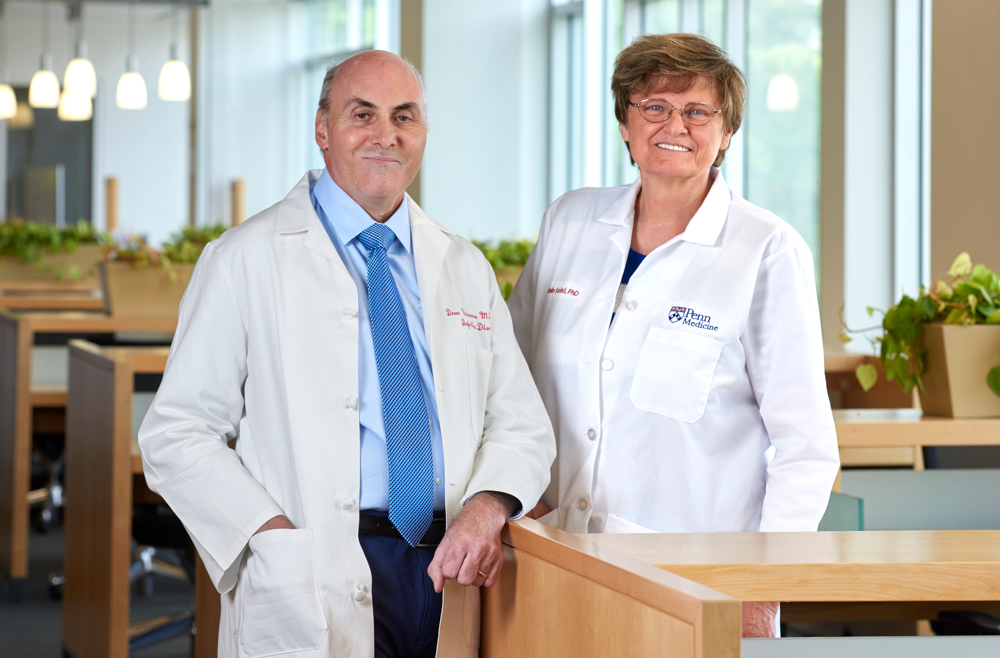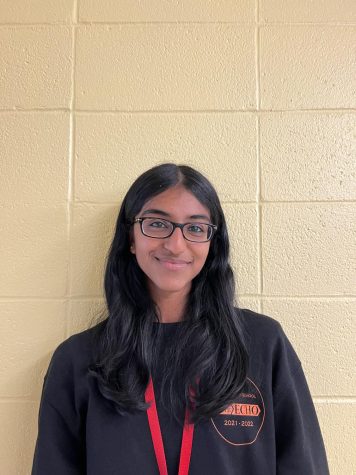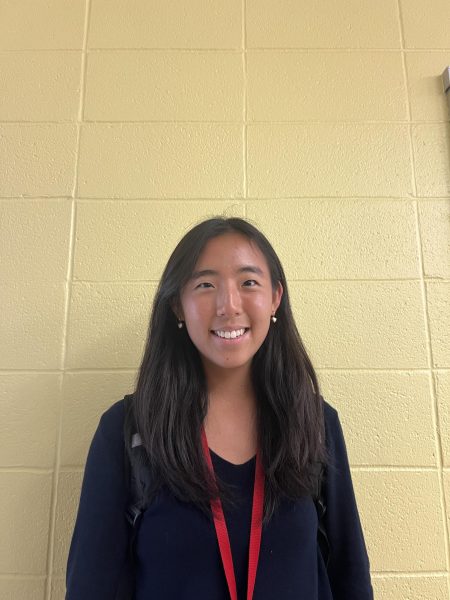We all remember the dreaded year of 2020—suffocating face masks, jumbo-sized sanitizer bottles, toilet paper shortages, and panic everywhere. It was that March when the COVID-19 pandemic shut the world down and everyone was uncertain about the future. What did this mean for us? For the world? Would we ever return to normalcy? Would there ever be a vaccine?
That’s what Katalin Karikó and Drew Weissman tirelessly investigated after the start of the COVID-19 pandemic, though their research originally started in the late 1990s. An article from Penn Today shares that in 2005, the science duo published their findings that mRNA could be “altered and delivered effectively into the body to activate the body’s protective immune system.” Through their research, they revolutionized the way vaccines are perceived and illustrated how mRNA reacts with the immune system.
When the COVID-19 pandemic struck, both Pfizer and Moderna, two well-known pharmaceutical companies, applied Karikó and Weissman’s technology to help them build effective vaccines to protect against the deadly virus. Vaccines are used to cause the immune system to react to a specific pathogen. Prior to the COVID-19 pandemic, parts of the viral genetic code were injected into patients to make proteins that produce virus-blocking antibodies. However, today vaccines are made based on the subparts of a virus, allowing the vaccine to target specific parts of it.
During their research trials, Karikó and Weissman noticed that dendritic cells, which receive signals from pathogens that trigger immune responses, responded to transcribed mRNA by releasing inflammatory signals. The key property that distinguishes transcribed mRNA from mammalian RNA is the absence of altered bases. When the researchers made base modifications to the mRNA, it did not produce an inflammatory response, a revolutionary discovery that shows the significance of RNA therapy.
Their breakthrough convinced the world of the promising potential of the mRNA vaccine. Interest in mRNA technology began in 2010, but the vaccines developed for the COVID-19 pandemic highlighted the potential of this new discovery. This specific vaccine, approved in December 2020, was a “base-modified mRNA vaccine encoding the SARS-CoV-2 surface protein,” and it proved effective in around 95% of cases.
October 2, 2023 marked the first day of the Week of Nobel, and Karikó and Weissman won the 2023 Nobel Prize in Physiology or Medicine. Their research marks a milestone in our understanding of the correlation between RNA and vaccines, and it is especially important to our generation, as we have experienced the struggles of the COVID-19 pandemic as well as the world’s recovery from it. Their tireless work and creative minds have engineered technology that has been implemented to prevent 14.4 million COVID-19 deaths between December 2020 and December 2021 (Lancet). Ultimately, their ingenuity and contributions to science and the field of medicine have paved the way for a promising future where we can quickly understand and proactively combat some of humanity’s most pressing challenges.














































































































































